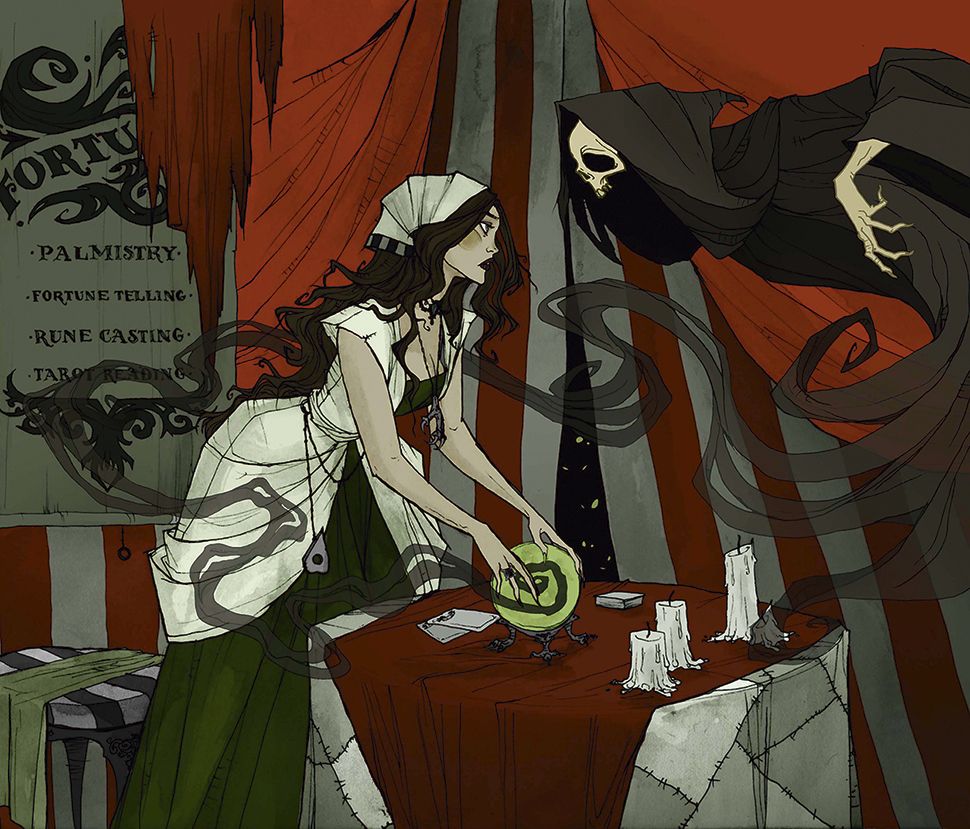Taliba's Love of Food
Going back over four hundred years, many things people in the industrialized world take for granted now were difficult to obtain. The Silk Road, whose western terminus was monopolized by the Ottoman Empire, was still the sole trade route for spices from southern Asia. Anything that came over that road was typically expensive and in limited supply. Many ingredients, and cuisines they helped build, were isolated by geographical or political divides.
Simple fare
The Roma were wanderers, and not typically wealthy. Besides what they could hunt, trap or fish while moving or at a brief stop, they supplemented with leftover cuts (such as tripe) from village butchers. Bread could be prepared on the move and baked over a fire. Gathering from the countryside always supplemented their diet with herbs, fruits, and vegetables.
Herbal Teas
The popular non-alcoholic social drink of much of the world, especially before the popularization of coffee. The wise women, and all good hosts, are always sipping on something, aren't they? Very common practice to gather herbs and save them for tea. Therefore the tea selection might change with the seasons, and in the case of the Roma, the region they are in. Vadoma's persistent gathering
- Yew: Not unheard of as a means of suicide. Yew contains alkaline compounds that eventually cause bradycardia and paralysis of the respiratory muscles. A clever herbalist could moderate the dosage to induce a near-death state, and counter the abdominal pains that often accompany it.
- Morning Glory: In fact, the seeds contain a compound not unlike LSD. A well-made tincture could very well serve up a concentrated dose that would result in a psychadelic experience.
- Chamomile: Sure, we have all seen this at the grocery store. Chamomile grew wild in the hills where I spent my early childhood, and I remember picking it and loving the smell it left on my fingers. Still a go-to drink when I want something uncaffeinated. No death or acid trips, just calm.
- Nettles: Sounds awful to anyone who has taken a wrong turn through a patch of stinging nettle. My grandmother's field had patches of it waiting for us to stumble into. It's actually just fine, has a very green taste like spinach, and good for kidneys and menstrual cramps. Often blended with other things (hence the blossoms in the book) to round out the flavor.
- Apple: Definitly a thing, and this mix included Taliba's first introduction to cinnamon. A rare spice in Europe at that time, but traded since ancient times (the Egyptians used it in their embalming formula), it was prohibitively expensive west of Turkey since at least Nero's time as Roman Emperor. A Turk in 1470 might have had a little for special occasions, and it would be a good host indeed that chose to share it with a stranger.
Orchid Tea (salep)
Not quite a tea in the strictest sense. If you've had horchata, maybe a bit like that. The Turks loved it, and used ground orchid root in drinks as well as the base flour for desserts. The ancient Romans used it for drinks as well, and believed it was an aphrodisiac.
It didn't catch on in western Europe until the 1700s. Quite likely it was not well known west of the Ottoman lands.
Apples of Amaseia
The area was indeed an important agricultural center, and its delicious apples were highly sought after. They have been described as very aromatic, with a thin skin that does not distract from the crisp sweetness.
Turkish Cuisine
It isn't all described at length in the book. Part of this is because halting the pace of a narrative to bombard a reader with details is not great storyttelling. Part of it is because Taliba has only a general idea what she is eating. The food is exotic to her, and a marked contrast to the wild game, gathered fruits and herbs, and cheap cuts from the occasional butcher that her caravan.might have on hand. Not only has she gone far away, but is dropped into a new social class.
The use of spices, simmering food in cream and herbs, seeded breads, and other things, are what someone at the apex of the hierarchy can claim.


